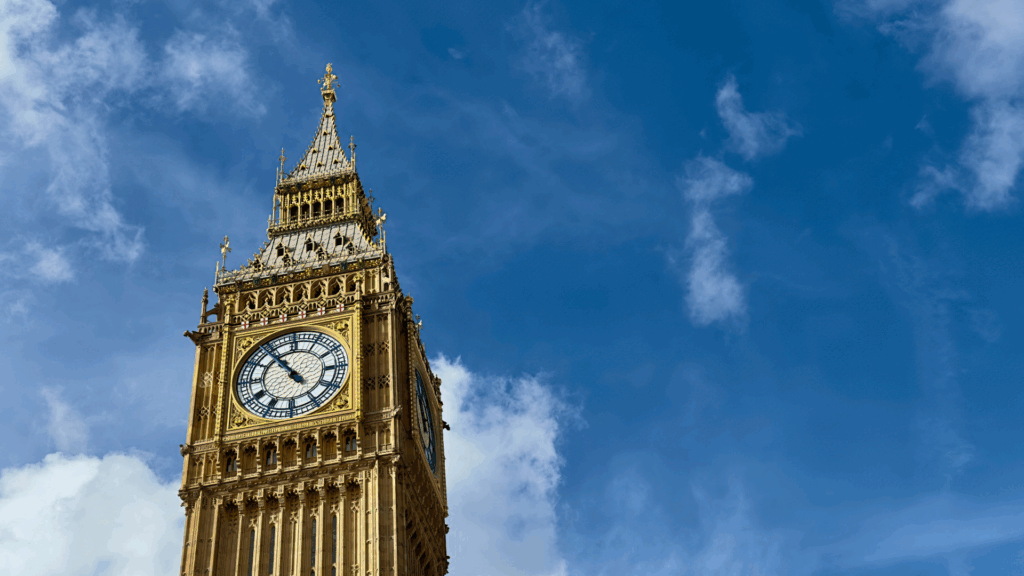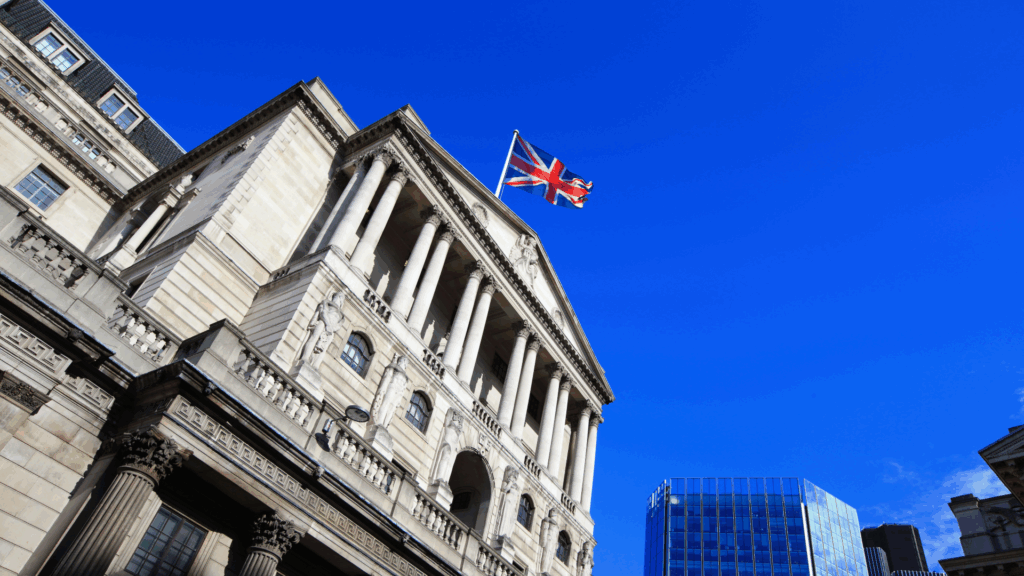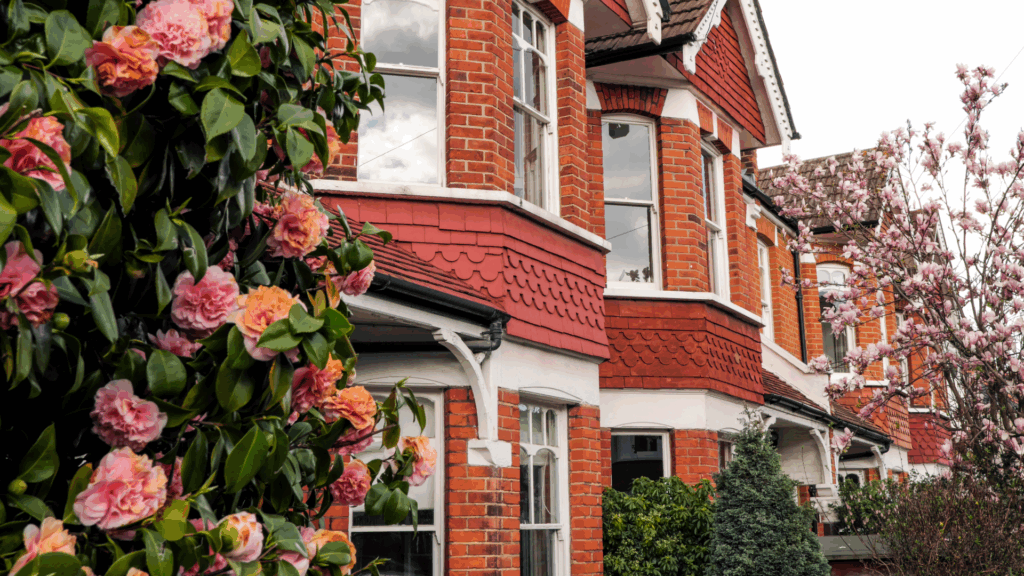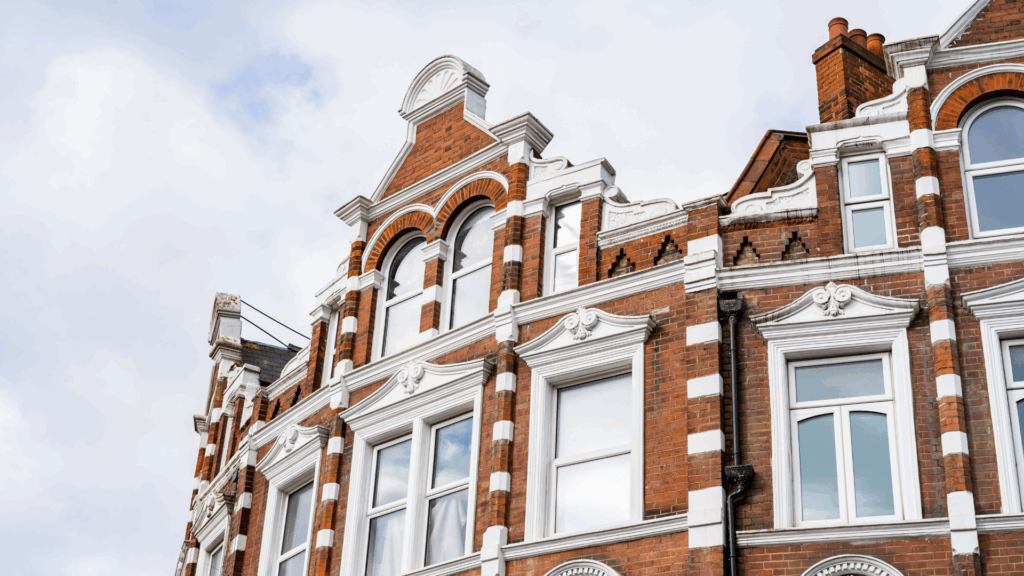Around three million UK homeowners will see their mortgage repayments increase over the next two years as cheaper fixed-rate deals expire.
Of these, some are facing “very large” payment increases, according to the Bank of England. About 400,000 mortgage holders are likely to see an increase in their payment of 50% or more.
Meanwhile, the average first-time buyer mortgage payment has risen by 61% in the last five years.
£180 monthly increase
Many UK households are still facing pressure from high living costs and interest rates, the Bank of England’s latest Financial Stability Report said.
Although inflation now stands at the Bank’s 2% target, interest rates remain at a near two-decade high of 5.25% and mortgage rates are considerably higher than they were a few years ago. These higher rates will continue to pass through to mortgage holders as their fixed-rate deals expire and they refinance.
Over three million mortgage accounts (35% of the total) are still paying rates of less than 3% and the majority of these will have their fixed rate expire before the end of 2026.
For the typical owner-occupier mortgagor rolling off a fixed rate between June 2024 and end-2026, their monthly mortgage repayments are projected to increase by about £180, or 28%. Within that average, around 400,000 households will see an increase of more than 50%.
However, some borrowers could see a reduction in their monthly repayments, the report noted.
A growing number of fixed-rate mortgage holders who are already paying higher rates may be able to refinance at a lower interest rate over the next two years.
And an anticipated cut in the base rate in the second half of 2024 would immediately benefit customers on a variable rate mortgage, who account for around 18% of the total.
First-time buyers paying £400 more
Those getting onto the property ladder for the first time can expect to pay around £400 more per month for their mortgage than five years ago, according to a new analysis by Rightmove.
The property website found that the average first-time buyer mortgage payment has gone up by 61% since the last General Election year of 2019, from £667 to £1,075 per month, as mortgage rates have risen and remained elevated.
The increase in average mortgage payments for first-time buyers has significantly outpaced wage growth: over the same five-year period, average wages have risen by 27%.
Across the UK, the average first-time buyer needs the equivalent of two average UK salaries to buy a home, according to a separate study from property website Zoopla.
It found that a first-time buyer looking to buy a typical first home (priced at £250,000), with an average 20% deposit, would need an annual household income of £60,600. This figure is £2,400 higher than a year ago.
Those upsizing to an average-priced home currently on the market (priced at £335,000), with a larger average deposit of 35%, would need a household income of £72,600. This is £3,400 higher than a year ago.
The data shows that the required income to buy has increased by 4% over the last year, largely due to higher asking prices and a slight decline in the loan-to-income ratio.
If you are unable to put down a larger deposit to reduce the size of your mortgage, it’s worth looking further afield by extending your search area, or considering other types of property.

















